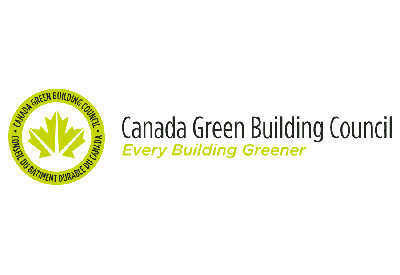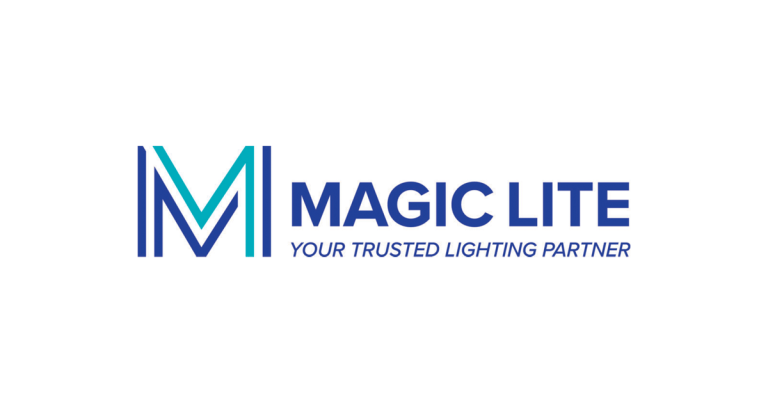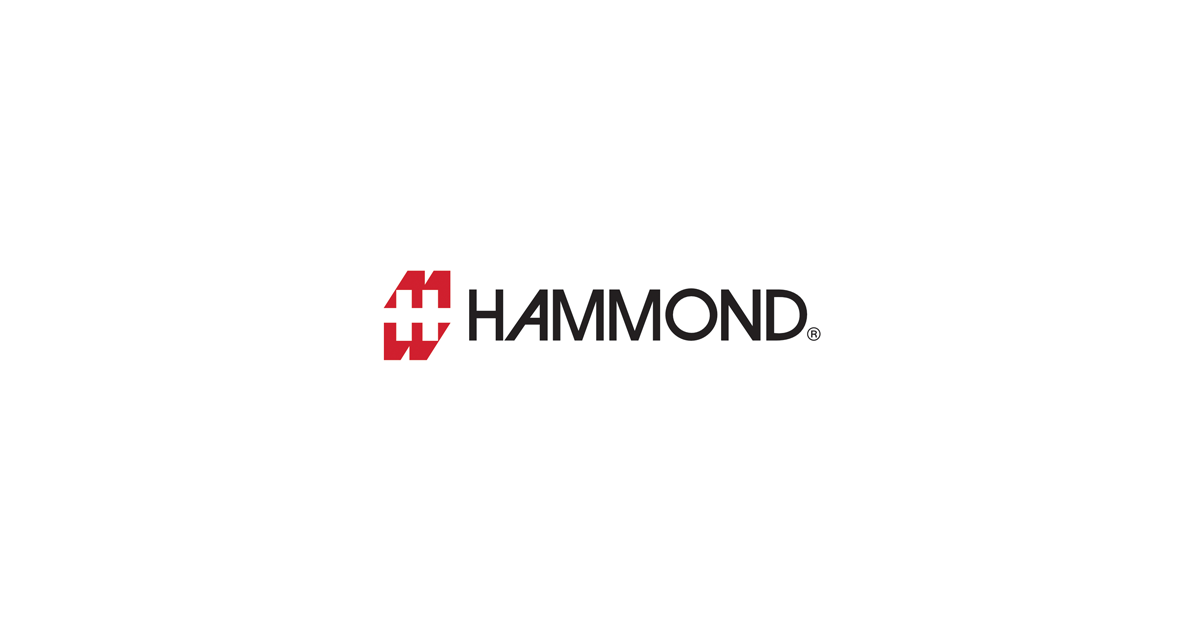CanGBC Case Study: AMPED Sports Lab & Ice Complex

May 16, 2021
High performance focus earns Ottawa arena its Zero Carbon certification
AMPED Sports Lab and Ice Complex (AMPED) is a recreational and health facility located in Ottawa, Ontario. The facility caters to Canada’s hockey obsessed culture, with facilities designed to help athletes reach their optimum performance.
This focus on high performance goes beyond the athletes AMPED serves to the facility itself. Thanks to an energy overhaul led by Modern Niagara Group Inc., AMPED is the first Zero Carbon Building – Performance certified arena under the Canada Green Building Council’s Zero Carbon Building Standard Program.
Building for life
As a multi-disciplinary contractor, Modern Niagara specializes in mechanical, electrical, building controls and building services. Over the past 20 years, Modern Niagara has focused on analyzing, developing, and implementing energy conservation measures for all types of buildings. As a contractor and CaGBC member, Modern Niagara is conscious of the impact of buildings on carbon emissions – and the role buildings must play in helping Canada meet its climate targets.
The Modern Niagara team saw AMPED as a challenge. Arenas are traditionally one of the most energy intensive buildings – particularly when operating during the warmer summer months. Addressing energy upgrades by transitioning away from fossil fuels to earn Zero Carbon Building – Performance certification gave Modern Niagara the opportunity to push the envelope and set a new standard for these specialized building types.
“Recognizing that every building is unique, the path to a zero carbon building is also unique. If a hockey and sports-dedicated facility in a city where temperatures vary by over 40 degrees can become zero carbon, imagine the possibilities for other buildings across Canada and around the world,” said Brad McAninch, CEO, Modern Niagara Group Inc.

Moving beyond fossil fuels
The AMPED facility caters to elite athletic training, as well as recovery and treatment of injuries or chronic problems. It houses a physiotherapy clinic, a gym and a 120’ by 65’ ice rink – a perfect size for skills development and custom training for hockey players of all ages.
To earn the ZCB-Performance certification, Modern Niagara took an aggressive path and targeted all mechanical systems that consumed natural gas, and consequently emitted carbon into the atmosphere – including the ice rink dehumidifier, the hot water heater, and the rooftop air handling units.
All fossil fuel consumption related to building energy use was eliminated on-site and converted to electric-based alternatives. To achieve their goal, custom-designed and built rooftop units (RTUs) were manufactured with heat pumps and electric heat backup instead of the traditional direct expansion (DX) coil and gas-fired burner. The ice arena dehumidification system was also retrofitted with a unique, custom-built liquid dessicant air-conditioned unit, equipped with refrigeration DX system reheat. These custom units helped to drastically reduce greenhouse gas (GHG) emissions, while also providing the highest possible efficiency.
To better manage building performance, including the ice-making process, a robust automation and metering system was installed. Used in combination with a real-time analytics software package, it optimizes building and process control and performance, enhances maintenance services, and assists in the continuous commissioning of the facility in order to ensure energy savings persist.
The Chiller system that is used to make ice for the rink also had an energy optimization automation system installed to ensure run times and sequencing are automatically adjusted to drive efficiencies. Heat reclaim from the Ammonia-based chiller was considered however the return on investment was excessive for the low amount of high-temperature heat available.
Lighting systems were retrofitted to high-efficiency LED, and to provide clean electricity a 136 kW solar photovoltaic array was installed.
A first for ice arenas everywhere
Modern Niagara’s approach to sustainability led them to the Zero Carbon Building Standard. As an organization, they saw ZCB-Performance certification as a way to demonstrate the importance of GHG reductions while improving energy efficiency. The project targeted a 20 per cent improvement in energy efficiency and a 70 per cent reduction in carbon emissions. While the approach can lead to slightly higher utility operating cost today, the project was able to reduce exposure to rising carbon prices, and significantly reduce climate impacts—a key factor for the Modern Niagara team.
“Other types of certifications tend to focus only on energy efficiency, but do not adequately capture the cost to the environment,” said McAninch. “The Zero Carbon Building Standard helps us meaningfully contribute to our sustainability goals and reduces our impact on the environment, which is important to our organization and staff. We expect this project will increase tenant satisfaction and provide unique education opportunities around zero carbon buildings.”
Project Owner: AMPED Sports Lab & Ice Complex
LEED / Sustainability Consultant: Modern Niagara Engineering
Mechanical Engineer: Modern Niagara Engineering
Electrical Engineer: Paragon Engineering Services
Commissioning Authority: Modern Niagara Engineering
CaGBC members involved: Modern Niagara







![Guide to the Canadian Electrical Code, Part 1 – 26th Edition[i] – A Road Map: Section 54](https://electricalindustry.ca/wp-content/uploads/2022/11/Guide-CE-Code-2-768x432.png)





![Guide to the Canadian Electrical Code, Part 1 – 26th Edition[i] – A Road Map: Section 54](https://electricalindustry.ca/wp-content/uploads/2022/11/Guide-CE-Code-2.png)




